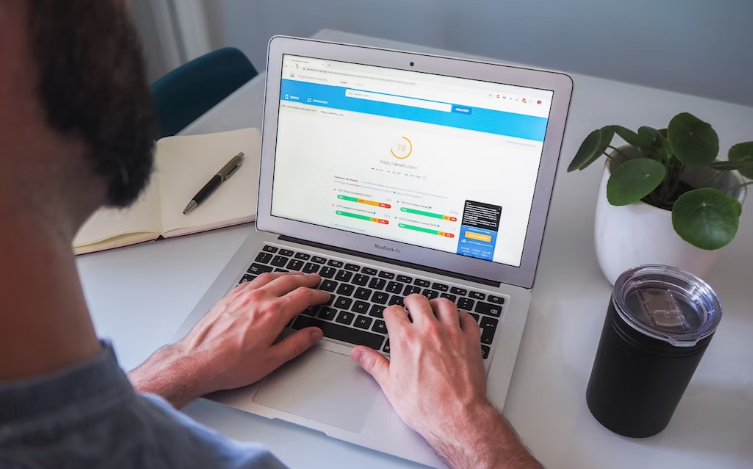What Insurance Do I Need As A Freelancer?
- Written by Business Daily Media

As the cost-of-living crisis rages on and annual inflation rates soar to around 8%, many of us are feeling the pinch. It’s no surprise, then, that more people are choosing to take up a side hustle as a freelancer.
According to recent statistics, there are 4.39 million self-employed workers in the UK. If you’re looking to join them, while it might seem exciting, there are a few things of which to be aware before you dive straight in. One of the main things is getting the right insurance.
Luckily, we’ve broken down everything that you need to know about the different types of insurance below.
- Contents insurance
Contents insurance is something that many of us have already. Designed for your personal items (like laptops, TVs and expensive hair straighteners!), content insurance covers your personal possessions against loss, theft or damage.
It’s worth noting, though, that not all contents insurance policies cover working equipment. If you use your laptop for freelance work, contents insurance that covers electricals is a necessity.
- Professional indemnity insurance
If you’re providing a service to clients, there’s always the possibility that something will go wrong. Although accidentally ruining their website or causing their SEO performance to tank probably isn’t going to happen (if you know what you’re doing!), you never know what’s around the corner.
That’s why some freelancers look into professional indemnity insurance, which can offer support if a client makes a claim against you.
- Legal protection
For freelancers, getting paid is of the utmost importance. Although some clients can occasionally forget to pay on time, normally this is a one-off occurrence. However, if your clients “forget” to stump up on multiple occasions, you might need additional legal protection.
Legal protection can also cover theft, trespass or IP, so it’s worthy of consideration.
- Personal injury insurance
Working for yourself and having the freedom to do as you please are excellent benefits. That said, it’s not all sunshine and rainbows.
If you’re unfortunate enough to get sick or injured, there’s no employer to cover your sick pay. As a result, if you are rendered unable to work for an extended period, this can leave you in a rather sticky financial situation.
To cover all bases, it’s a good idea to take out personal injury insurance to protect yourself if you need support as a freelancer.
Final thoughts…
Although nobody likes to think about worst-case scenarios, sometimes it pays to be prepared. The likelihood of you needing to claim on your insurance is slim but, if you rely on freelance work as a significant proportion of your income, it’s a good idea to protect yourself with comprehensive insurance.
That way, you’ll have peace of mind.









